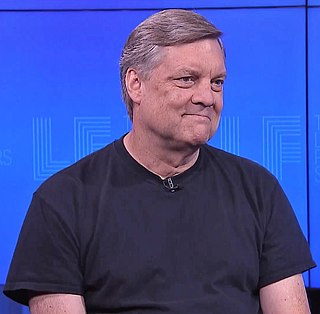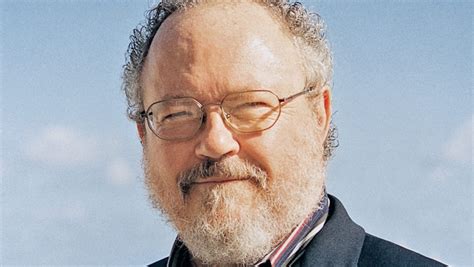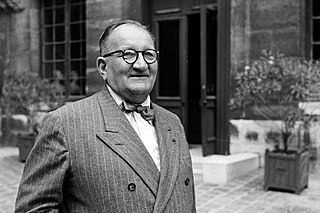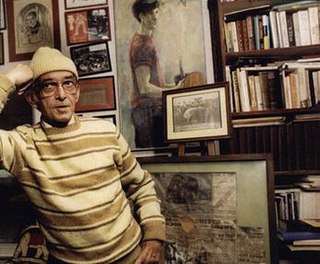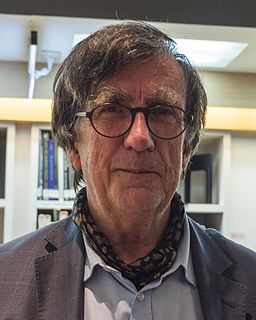A Quote by Francis Collins
When does life begin? When does the soul enter? That's a religious question. Science is not going to be able to help with that.
Related Quotes
But in the end, science does not provide the answers most of us require. Its story of our origins and of our end is, to say the least, unsatisfactory. To the question, "How did it all begin?", science answers, "Probably by an accident." To the question, "How will it all end?", science answers, "Probably by an accident." And to many people, the accidental life is not worth living. Moreover, the science-god has no answer to the question, "Why are we here?" and, to the question, "What moral instructions do you give us?", the science-god maintains silence.
Legislators in Kansas, Arizona and 23 other states who are properly determined to protect religious freedom can begin by asking themselves: Does any religious conviction justify denying lesbians and gays a basic legal promise of non-discrimination in hiring, public accommodations, and housing? Surely the answer to this question is no. Correcting that inequity would begin the process of recognizing that both sides - gay couples and religious objectors - have rights and that reasonable accommodation is possible only when both sides have something to gain.
Why are there organized beings? Why is there something rather than nothing? Here again, I fully understand a scientist who refuses to ask it. He is welcome to tell me that the question does not make sense. Scientifically speaking, it does not. Metaphysically speaking, however, it does. Science can account for many things in the world; it may some day account for all that which the world of phenomena actually is. But why anything at all is, or exists, science knows not, precisely because it cannot even ask the question.
Being holy . . . does not mean being perfect but being whole; it does not mean being exceptionally religious or being religious at all; it means being liberated from religiosity and religious pietism of any sort; it does not mean being morally better, it meas being exemplary; it does not mean being godly, but rather being truly human.
The constantly recurring question must be: What shall we unite with and from what shall we separate? The question of coexistence does not enter here, but the question of union and fellowship does. The wheat grows in the same field as the tares, but shall the two cross-pollinate? The sheep graze near the goats, but shall they seek to interbreed? The unjust and the just enjoy the same rain and sunshine, but shall they forget their deep moral differences and intermarry? ... The Spirit-illuminated church will have none of this
What is the meaning of human life, or, for that matter, of the life of any creature? To know the answer to this question means to be religious. You ask: Does it make any sense, then, to pose this question? I answer: The man who regards his fellow creatures as meaningless is not merely unhappy but hardly fit for life.
Science does not enter a chaotic society to put order into it anymore, to simplify its composition, and to put an end to controversies. It does enter it, but to add new uncertain ingredients... to all the other ingredients that make up the collective experiments. When scientists add their findings to the mix, they do not put an end to politics; they add new ingredients to the collective process.



